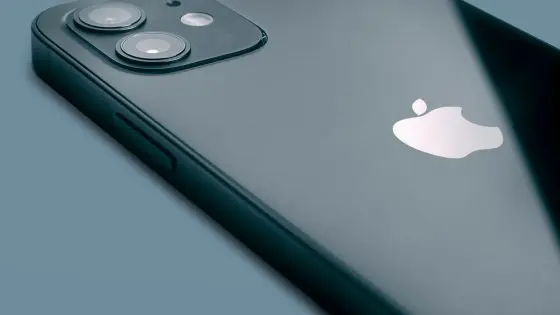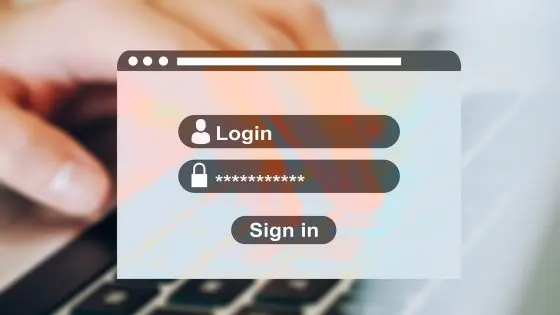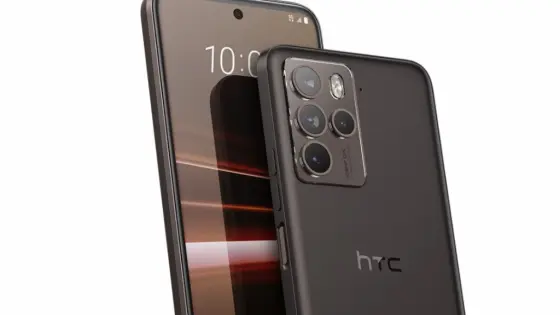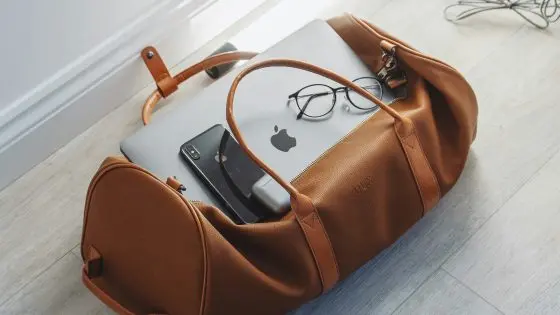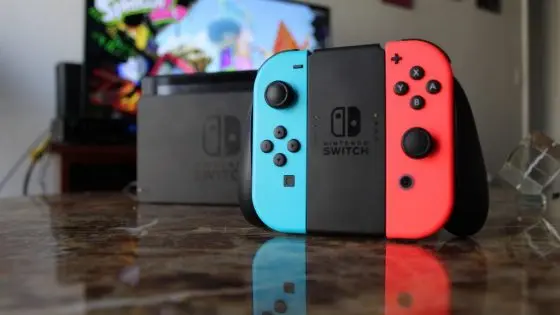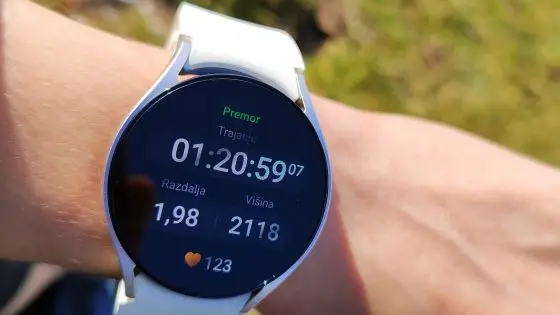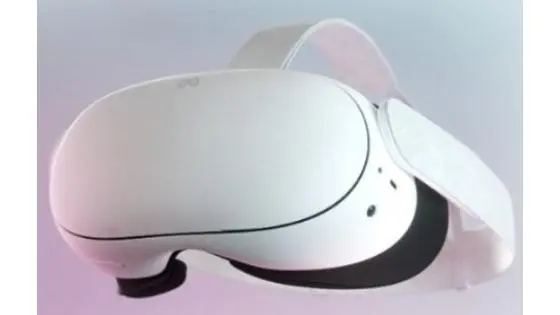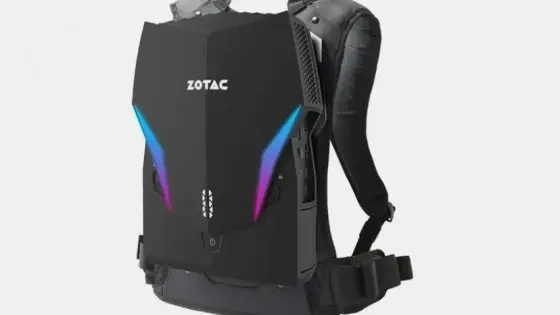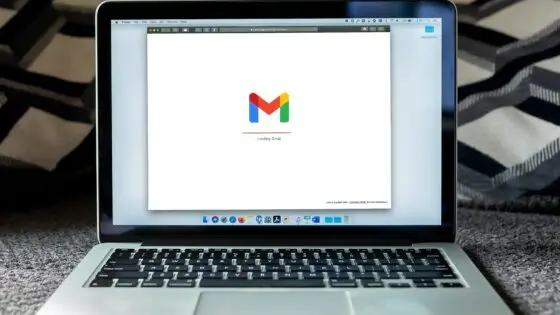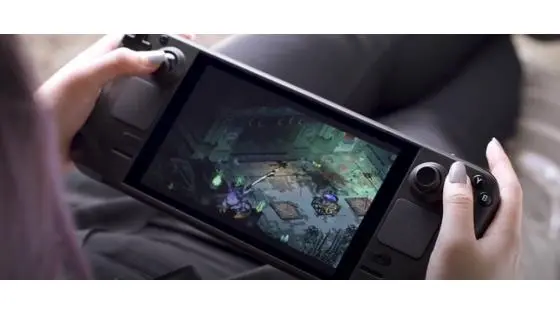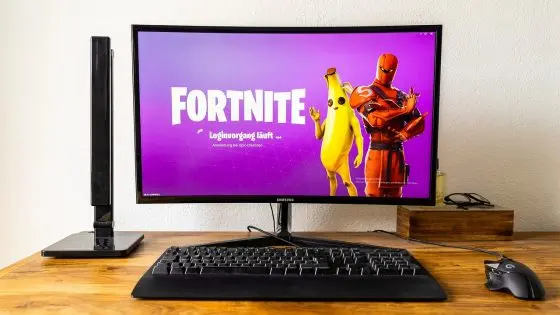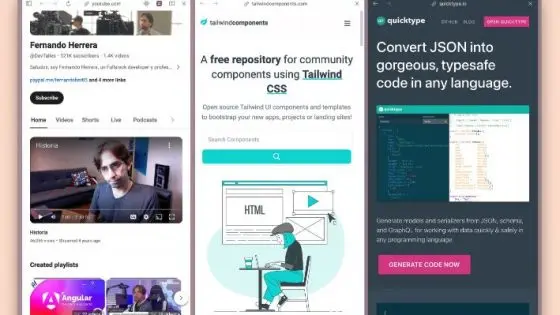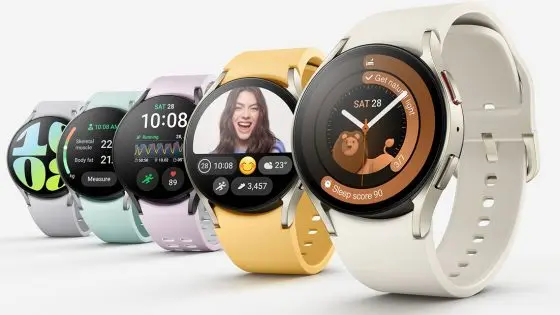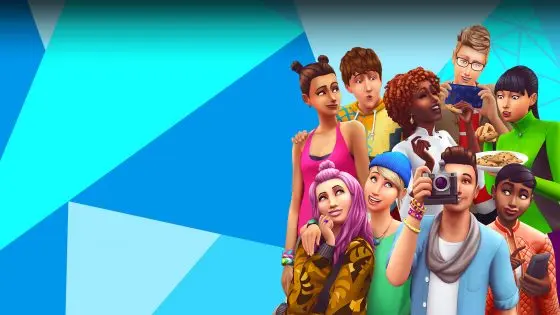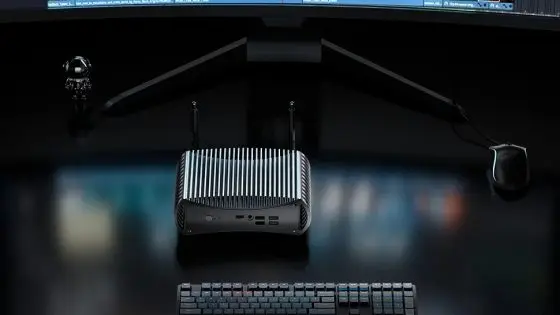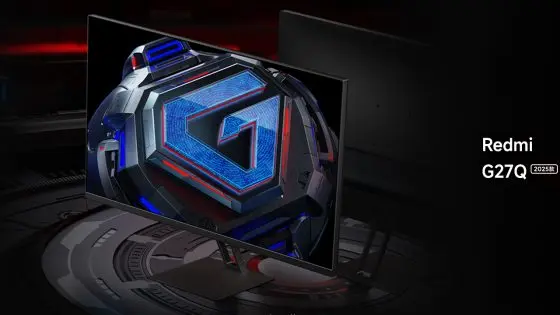Apple is opening the door to emulators, but…

When Apple released its latest update to the App Store app review and submission rules for developers, it included text that specifically allows the development of new types of apps to emulate games for older retro consoles.
Apple has more or less banned apps that use code from an external source since the beginning, but the changes announced allowed “non-binary software” in certain cases, where “apps for retro game console emulators” specifically listed as one of these examples.
Applications may offer certain software that is not embedded in the binary, in particular HTML5 mini-apps and mini-games, streaming games, chat rooms and plugins. Additionally, retro game console emulator apps can offer game downloads.
You are responsible for all such software that you provide in your application, including ensuring that it complies with these guidelines and all applicable laws. Software that does not comply with one or more guidelines will cause your application to be rejected. You must also ensure that the software complies with the additional rules set out in clauses 4.7.1 and 4.7.5. These additional rules are important to maintain the experience that users of the App Store have come to expect and to ensure the safety of users."
This is what they wrote in the developer manual, and it will obviously be a completely different concept of emulators than we are used to with Android phones and computers, where we can install applications from any source.
Retro game emulators run so-called ROM files, which are more or less virtual images of the game cartridges or discs that were played on the console hardware. Until now, it has been established that the emulators themselves are completely legal, but the legality of ROM files downloaded from websites on the Internet depends on the individual files and environment.
There are ROM files that are entirely in the public domain or licensed and the creator allows distribution. There are ROM files that are technically copyrighted intellectual property, but the original owner no longer exists and the current ownership is unknown or unclaimed. The last category is ROM files, where the owner is still interested in controlling the distribution and often takes steps to limit illegal sharing and use of the files.
The latter group includes, among others, Nintendo, which is always a target of criticism in the emulator community, as it often lashes out at emulator developers and websites that share said ROMs. They recently discontinued development of the Yuzu emulator, which allowed users to play Nintendo Switch games on computers and phones. In this case, the developers dug themselves a hole, as they sold special versions of the emulator with a ROM file for the then unreleased game The Legend of Zelda: Tears of the Kingdom on Telegram and elsewhere.
There were immediate hints that this was the end for Switch emulators, but very soon there were upstarts who picked up their legacy and continued development.
In addition, many game publishers use emulators to run ROMs of their retro games, which they sell to consumers as stand-alone games or in collections for modern platforms. Based on Apple's guidance, this is the most likely form of emulators to be available in the Apple Store. So companies that own intellectual property will be able to offer emulators in the store with the option of downloading certain ROMs. Sega could thus offer an emulator with its games - either in exchange for a subscription or as a one-time purchase.
We can hope that we won't have to wait long for the first emulator. It will be interesting to follow the progress and how the games will behave on iOS. The Android and Windows operating systems have a nice advantage in this case, since the development of emulators has been going on for many years. Practically all games can be played on them with the exception of PlayStation 4 and 5 games. Windows games can also be played on Android phones with the help of Winlator, Termux-box and Exagear emulators, but the installation is a little more complex than with emulators for consoles.



